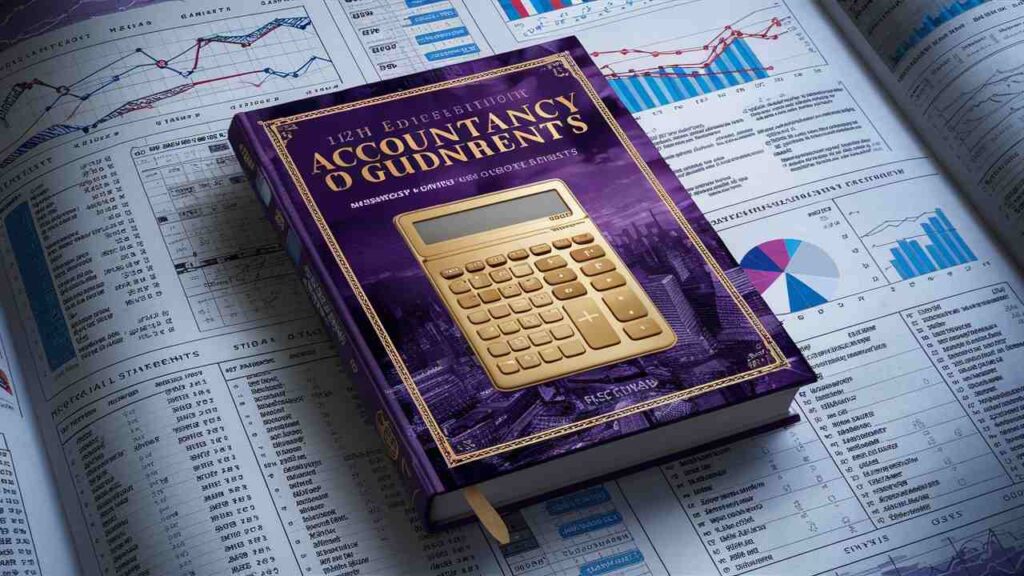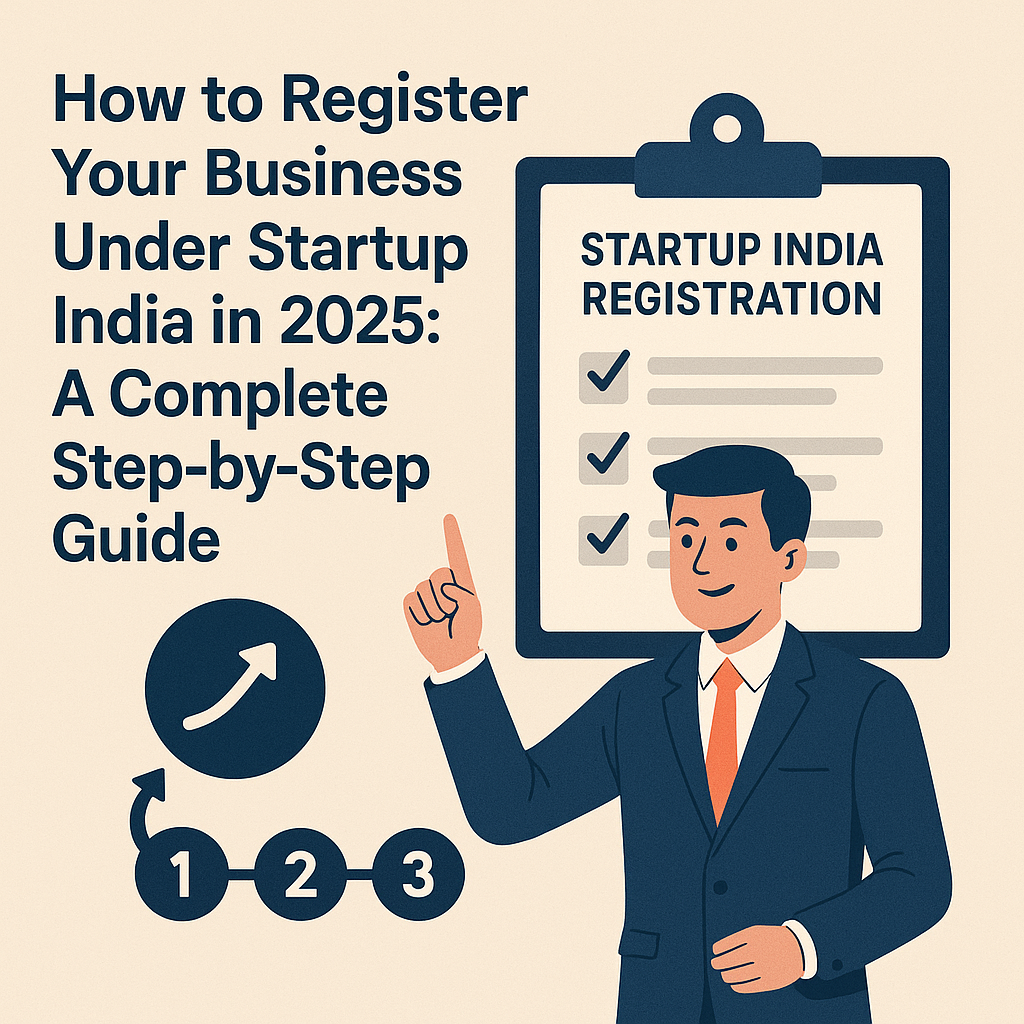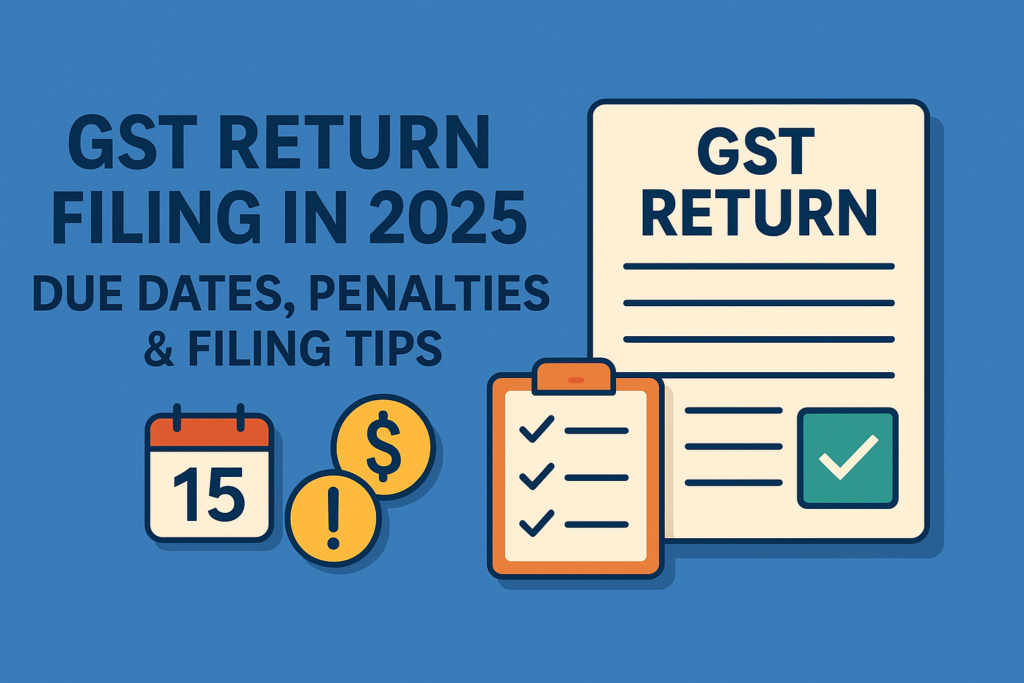
Introduction
Accountancy is a crucial subject for 12th-grade students, forming the backbone of many future careers in finance, business, and economics. Mastering the subject requires a strategic approach to studying, understanding core concepts, and utilizing the right resources. This guide provides essential study tips and resources to help students excel in their 12th Accountancy exams and build a strong foundation for their academic and professional futures.
1. Understanding the 12th Accountancy Syllabus
Overview of the Syllabus
The 12th Accountancy syllabus typically includes topics such as:
- Accounting for Partnership Firms: Fundamentals, financial statements, and adjustments.
- Accounting for Companies: Share capital, debentures, and financial statements.
- Analysis of Financial Statements: Ratios, cash flow, and financial performance analysis.
- Accounts of Non-Profit Organizations: Receipts and payments, income and expenditure accounts.
- Management Accounting: Budgeting, standard costing, and performance analysis.
Importance of Each Topic
Each topic in the syllabus is designed to build a comprehensive understanding of accountancy principles and practices. Mastery of these areas is essential for performing well in exams and for practical applications in future studies and careers.
Image
2. Effective Study Tips for 12th Accountancy
Tip 1: Create a Study Plan
Develop a study plan that allocates specific time slots for each topic. Break down your study schedule into manageable chunks and set achievable goals. Prioritize topics based on difficulty and importance to ensure comprehensive coverage of the syllabus.
Tip 2: Understand Key Concepts
Focus on understanding key concepts rather than rote memorization. Grasp the underlying principles of accountancy, such as double-entry bookkeeping, financial statements, and ratio analysis. Use real-life examples to relate theoretical concepts to practical scenarios.
Tip 3: Practice Regularly
Regular practice is essential for mastering accountancy. Solve a variety of problems and past exam papers to familiarize yourself with different types of questions and improve your problem-solving skills. Practice both numerical problems and theoretical questions to ensure balanced preparation.
Tip 4: Use Reference Books and Study Guides
Invest in reference books and study guides that provide detailed explanations and practice exercises. Books like “Accountancy for Class 12” by T.S. Grewal and “Accountancy” by S. Chand are popular choices. Utilize study guides that offer chapter summaries, important questions, and exam tips.
Tip 5: Attend Revision Classes
If possible, attend revision classes or tutorials. These classes can provide additional explanations, clarify doubts, and offer targeted practice. They can also provide insights into exam patterns and effective answering techniques.
Tip 6: Work on Time Management
Effective time management during exams is crucial. Practice solving problems within a time limit to improve your speed and accuracy. Develop strategies for managing time during the actual exam, such as allocating time for each section and leaving some time for revision.
Tip 7: Group Study
Engage in group study sessions with peers. Discussing and solving problems together can enhance understanding, provide different perspectives, and clarify doubts. Group study can also make learning more interactive and engaging.
Image
3. Essential Resources for 12th Accountancy
3.1 Textbooks
Textbooks are the primary source of study material. Recommended textbooks include:
- “Accountancy for Class 12” by T.S. Grewal
- “Accountancy” by S. Chand
- NCERT Textbooks: Often used in Indian schools and provide a solid foundation.
3.2 Online Resources
Utilize online resources for additional learning and practice. Websites such as:
- Khan Academy: Offers tutorials and exercises on accounting principles.
- Coursera: Provides courses on accounting fundamentals.
- YouTube: Channels like “Accounting Stuff” and “The Accounting Tutor” offer video explanations and problem-solving techniques.
3.3 Study Guides
Study guides can be invaluable for exam preparation. Look for guides that offer:
- Chapter Summaries: Quick reviews of key concepts.
- Practice Papers: Sample papers and past exam questions.
- Answer Keys: Solutions and explanations for practice problems.
3.4 Mobile Apps
Mobile apps can enhance learning through interactive features. Apps like “Accounting Coach” and “Learn Accounting” offer quizzes, flashcards, and tutorials that can be accessed on-the-go.
Image
4. Tips for Exam Day
Tip 1: Review and Revise
On the day before the exam, focus on reviewing and revising key concepts and formulas. Avoid studying new material and instead concentrate on consolidating your knowledge.
Tip 2: Read Instructions Carefully
During the exam, read the instructions and questions carefully. Ensure you understand what is being asked before starting to answer. Pay attention to the marks allocated to each question to manage your time effectively.
Tip 3: Keep Calm and Stay Focused
Maintain calmness and focus throughout the exam. If you encounter a difficult question, move on and return to it later if time permits. Ensure that you allocate time to review your answers before submitting the paper.
Image
Conclusion
Excelling in 12th Accountancy requires a well-structured study approach, effective use of resources, and consistent practice. By following the study tips outlined in this guide and utilizing essential resources, students can build a strong foundation in accountancy and perform confidently in their exams. Remember to stay organized, practice regularly, and use available resources to support your learning journey.






